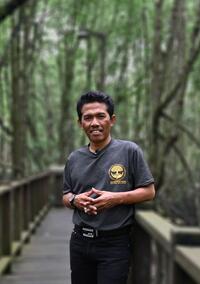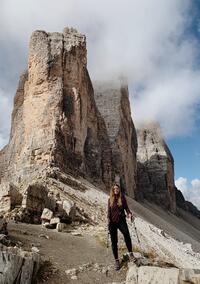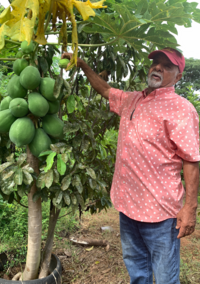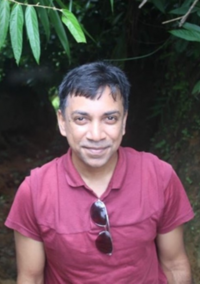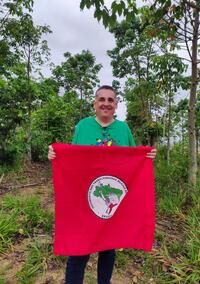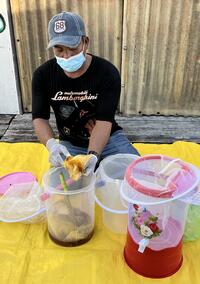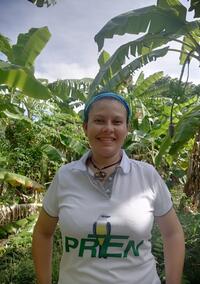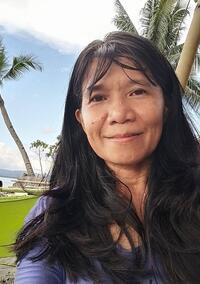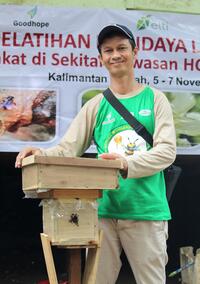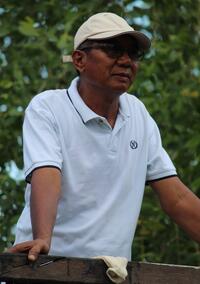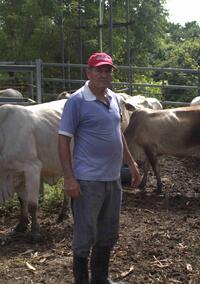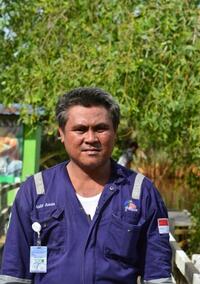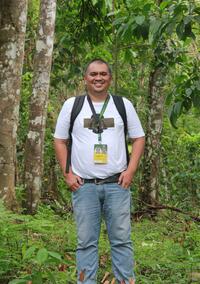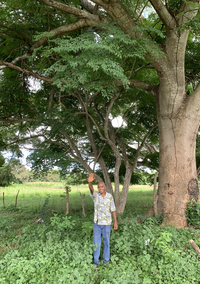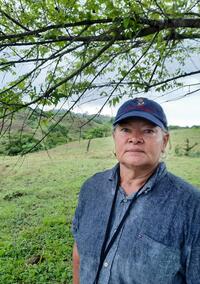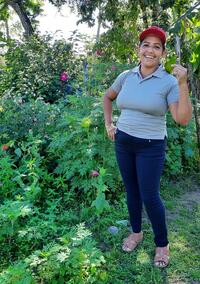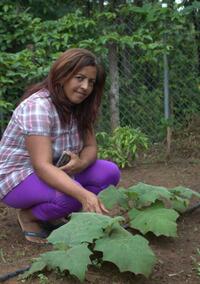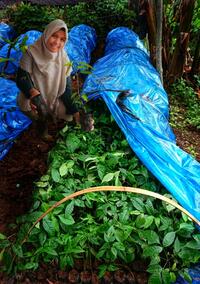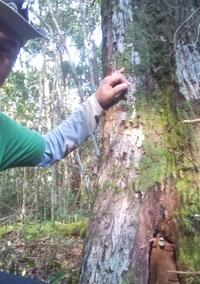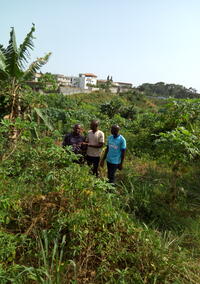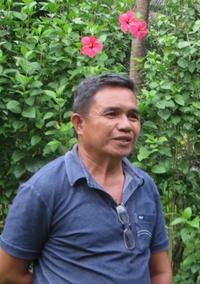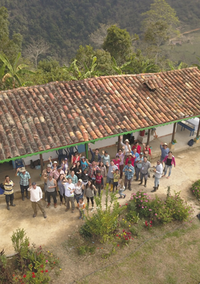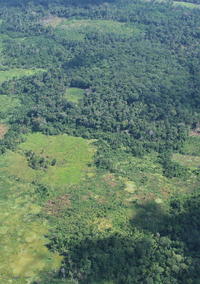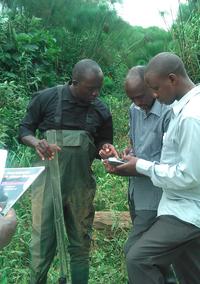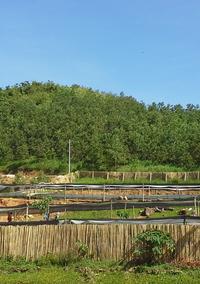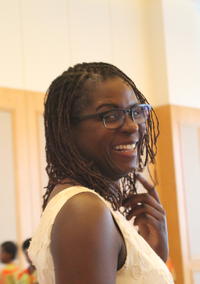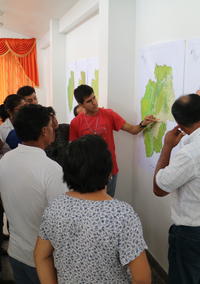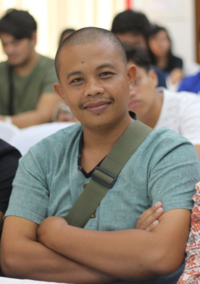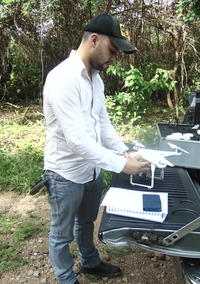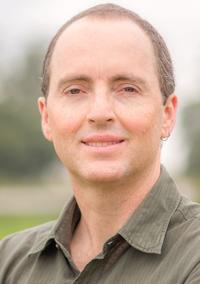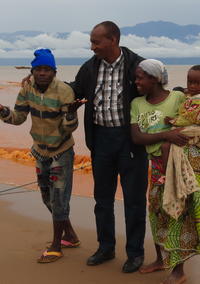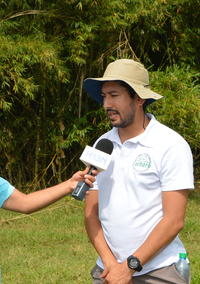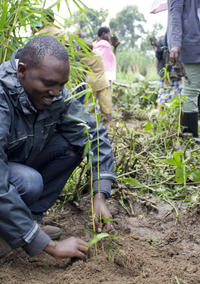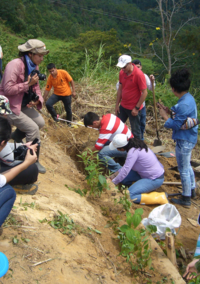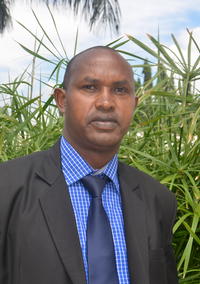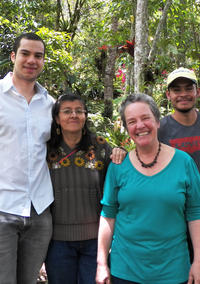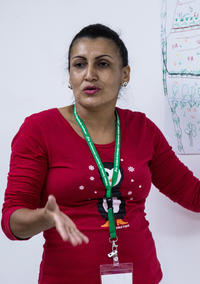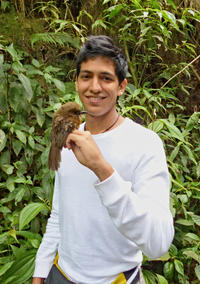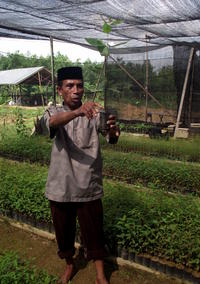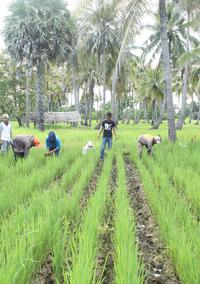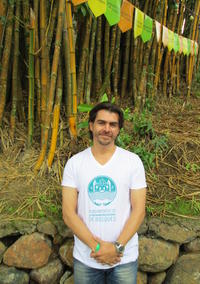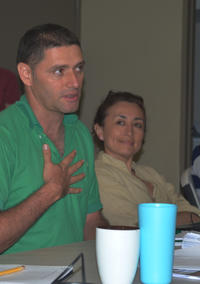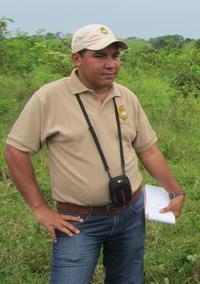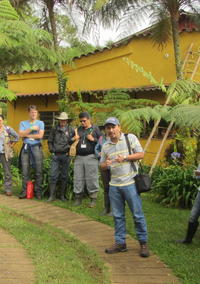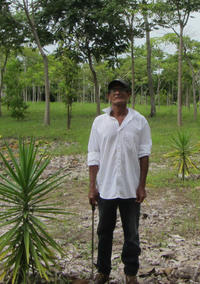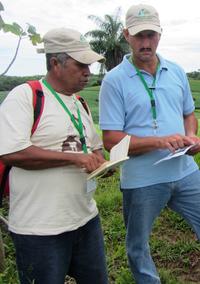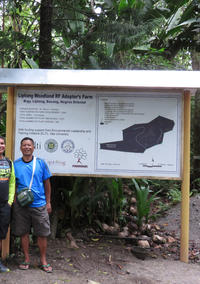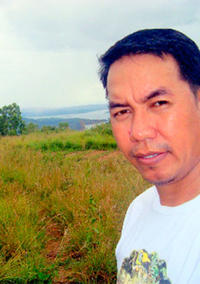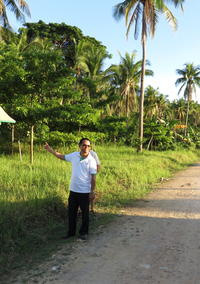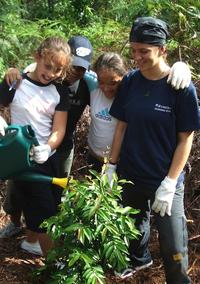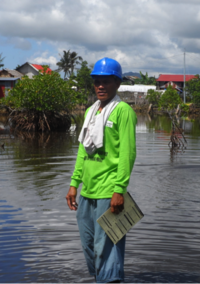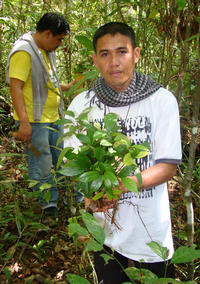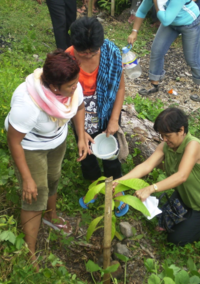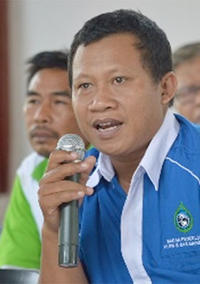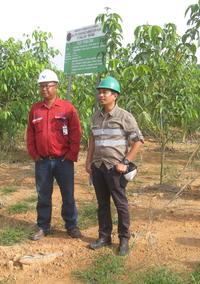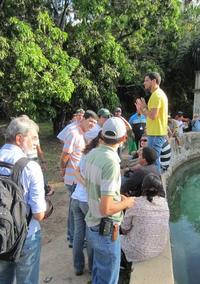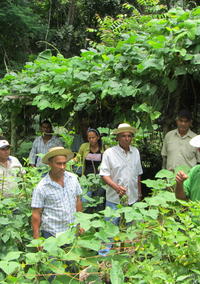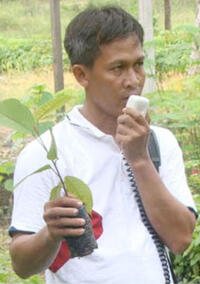You are here
Assisting with the UWCSEA Rainforest Restoration Program
In 2012, ELTI held a workshop on Native Species Reforestation in Singapore. Among the topics discussed was Singapore’s highly touted greening program and how it has focused primarily on growing trees from outside the region, which don’t contribute to the country’s biodiversity conservation goals.
The workshop also highlighted the lack of nurseries devoted to growing native rainforest trees, and that if planting material were available, many of these trees could be planted both in Singaporean protected areas and across the broader Singaporean landscape.
Following the workshop, ELTI started working with Nathan Hunt and Mireille Couture, teachers from the United World College of South East Asia (UWCSEA), and Elango Velautham, head of the Singapore Botanic Garden’s Plant Resource Center, to establish a native species nursery on the UWCSEA-East Campus and expand an existing nursery on the UWCSEA-Dover campus.
With the guidance from ELTI, our school nursery project developed from a very amateur activity raising tree seedlings to a genuine conservation and educational project. ELTI’s involvement has made a genuine impact in building our collaboration, preparing our proposals for funding and infrastructure as well as developing our knowledge base. We now feel we are a part of a regional movement for forest conservation.
Nathan Hunt
Funded by the Kirtida and Bharat Mekani Sustainability Fund, the UWCSEA Rainforest Restoration Project engages UWCSEA students to raise and plant hundreds of rainforest trees across Singapore, especially critically endangered dipterocarps, which have been heavily logged across southeast Asia.
In order to increase its impact, the UWCSEA Rainforest Restoration Project is also starting to engage with a faculty member and students from Yale-NUS College in conducting collaborative citizen science. By examining the response of native tree seedlings to variances in factors such as light, water and soil nutrients, the goal is to enhance propagation and silvicultural techniques for future forest restoration.
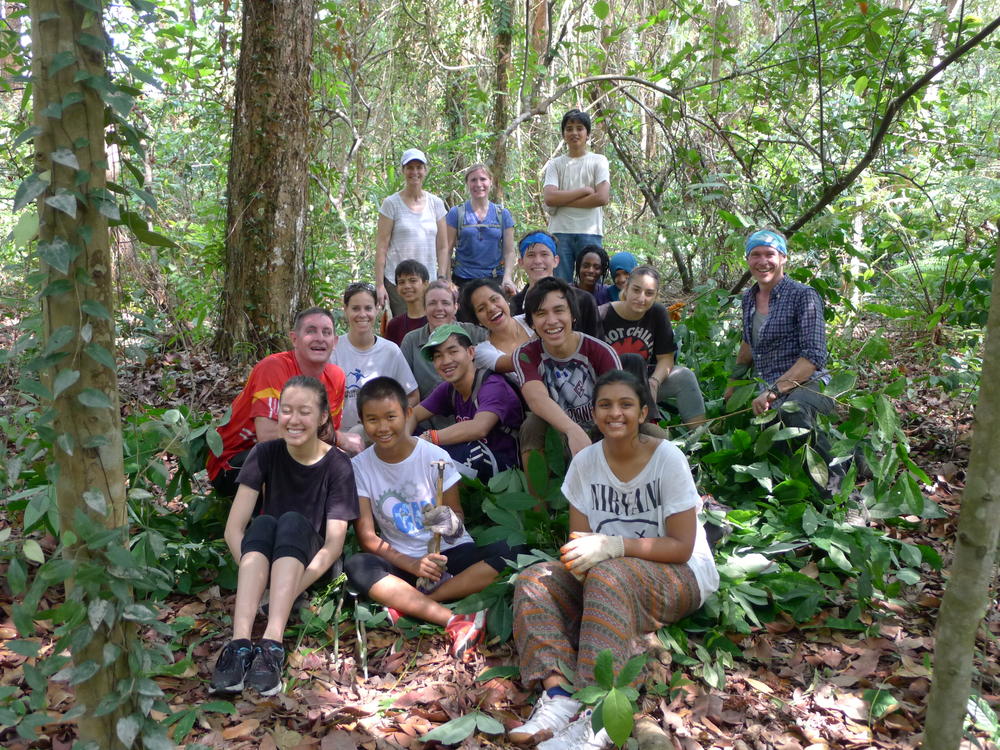
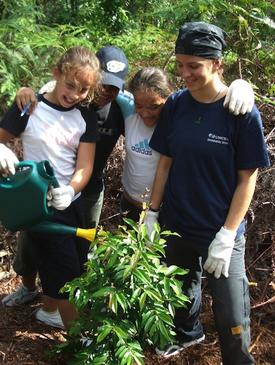
Acknowledgements
Thanks to the Kirtida and Bharat Mekani Sustainability Fund for providing funding for the UWCSEA Rainforest Restoration Project; the UWCSEA Foundation for their assistance in raising the funds for the project; the Singapore Botanic Gardens for providing UWCSEA with training on nursery management skills, technical advice on nursery establishment, and other forms of guidance in ex-situ plant conservation; and the Yale-NUS College for developing the proposal for the citizen-science research project.







